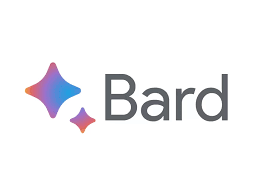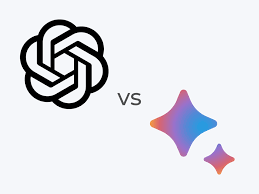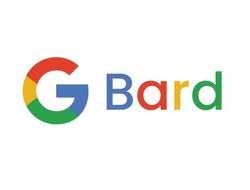In a strategic move to strengthen its digital family, Google is unveiling Bard, its advanced artificially intelligent chatbot, set to infiltrate various services including Gmail, Maps, and YouTube.
The tech giant’s motive is clear: to fend off the growing competition posed by the likes of OpenAI and Microsoft in the ever-evolving field of artificial intelligence.
The expansion of Bard, announced on a momentous Tuesday, introduces a powerful English-only extension that grants users unprecedented access to the wealth of information nestled within their Google ecosystem.

With this extension, Bard will delve into Gmail accounts, navigate Google Maps for directions, and curate informative content from YouTube.
Furthermore, the extension unlocks the potential for Bard to extract travel data from Google Flights and glean valuable insights from documents stored in Google Drive.
One of the primary concerns in deploying AI in such intimate contexts is privacy. Google is not taking this lightly and assures users that their personal data is protected.
Human reviewers will be barred from accessing potentially sensitive information extracted by Bard from Gmail or Drive.
Additionally, Google pledges not to use this data as a means to fuel its ad-targeting business, which is its primary source of revenue.
This strategic move marks the latest development in an escalating AI battle, ignited by the widespread popularity of OpenAI’s ChatGPT and Microsoft’s determined push to incorporate similar AI technology into Bing and Microsoft 365 suite.
The inception of Bard can be traced back to Google’s response to ChatGPT’s widespread adoption, which prompted the company to unleash Bard to the masses in March.
Subsequently, Google ventured into testing more conversational AI within its own search results in May.
This decision to enhance Bard’s capabilities comes at a critical juncture—a high-profile trial that could potentially cripple Google’s search engine, the linchpin of Alphabet Inc.’s massive $1.7 trillion empire.

In what is being hailed as the most significant U.S. antitrust case in a quarter-century, the U.S. Justice Department alleges that Google has cultivated its search monopoly through anti-competitive practices that stifle innovation and competition.
In stark contrast, Google argues that its search dominance is a result of its algorithms consistently delivering the best results.
Furthermore, it contends that it faces a broad spectrum of competition, a landscape further intensified by the rise of AI.
The decision to endow Bard with access to a treasure trove of personal information and popular services like Gmail, Google Maps, and YouTube stems from a simple yet ambitious goal: to make these platforms more indispensable and user-centric.
Imagine a scenario where Bard assists a user in planning a group trip to the Grand Canyon. It could seamlessly synchronize everyone’s schedules, offer a multitude of flight and accommodation options, provide step-by-step directions from Maps, and curate a library of informative YouTube videos.
In essence, Bard aims to be your all-knowing digital companion, making complex tasks a breeze.
As Google makes this audacious move, it’s evident that the battle for AI supremacy is heating up.

The tech giants are all vying for the coveted position of being the go-to AI assistant in our daily lives, whether it’s helping us with mundane tasks or providing in-depth information to make critical decisions.
While the future of AI remains uncertain, one thing is undeniable: the emergence of Bard, Google’s AI wonder, is a testament to the boundless possibilities that lie ahead.
As it ventures deeper into our digital lives, Bard’s potential to enhance and simplify our daily routines is both exciting and, for some, slightly unnerving.
Nevertheless, with privacy safeguards in place and a commitment to making our digital experiences richer, Bard is poised to become an integral part of Google’s ever-expanding family.
In a world where AI is redefining the way we interact with technology, Bard is Google’s bold gambit to maintain its status as a tech juggernaut, and only time will tell if it’s a winning hand in this high-stakes game.

